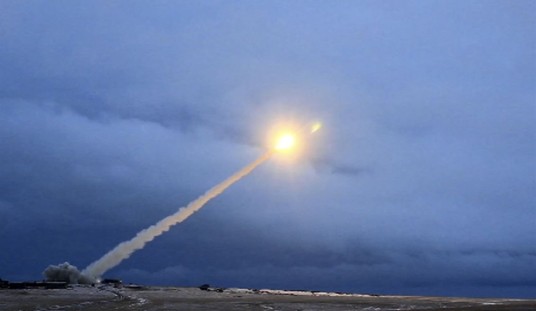There’s some disquieting news coming out of Iraq this week. (As if we needed another nation to flare up and cause problems.) After having a pretty good year as Prime Minister and overseeing the rout of ISIS, Haider al-Abadi is reportedly the subject of sustained and increasingly vocal protests in his nation. His people have been complaining of poor public service and issues with crumbling infrastructure. Voters already expressed their displeasure during the elections this spring when Abadi’s party finished far behind the supporters of the decidedly radical cleric Moqtada al-Sadr. (Those of you following the news closely during the Iraq war and our subsequent, lengthy stay there will remember that name.)
This turn of events represents a serious threat to America’s already weakened position in Iraq since we had been hoping that the more moderate and America-friendly Abadi could somehow hang around as Prime Minister in some sort of coalition government arrangement. (WaPo)
The protests, which have morphed from chaotic and sometimes violent marches into daily sit-ins, have prompted powerful religious and political figures to zero-in on Prime Minister Haider al-Abadi as the source of Iraq’s many troubles. This could cost him another term, despite his widely acclaimed successes last year in leading the Iraqi government to victory over the Islamic State and firmly turning back a Kurdish bid for independence.
While his ticket performed poorly in national elections this spring, finishing far behind that of firebrand Shiite cleric Moqtada al-Sadr, political observers had speculated Abadi might retain his position in a coalition government.
Instead, the mounting popular discontent has dealt him an abrupt setback. For the United States, this recent turn exposes a weakness in a strategy that centered on supporting Abadi in the hope that his message of anti-sectarian nationalism would translate into a new era of Iraqi politics.
The success of the opposition parties and the possibility of Abadi being out of power entirely is bad news on a couple of fronts. We’re in the midst of a rather nasty cycle of diplomatic relations with Iran (to put it mildly) and some of Iraq’s opposition leaders are much more open to a relationship with Iran. There’s also simmering resentment against the Kurds in much of the rest of Iraq, particularly after their failed bid for independence. The Kurds are close allies of the United States, so that complicates matters further. And with ISIS on the run, there’s probably an increasing sense that they really don’t need us all that much anymore.
Where Abadi was definitely working for a more secular society and good relations with the United States, his opponents seem to openly resent any further American involvement in their affairs. (I suppose there are still some hard feelings over that whole invasion thing in 2003.) Losing Iraq as an ally and potential base of operations in the region and seeing them rush into the arms of Iran would be beyond problematic. They’re right on the border with Syria and as I’m sure you’ve heard, our relationship with Turkey (our other supposed ally in the region) has been on the rocks lately. We’re quickly running out of friendly territory in the region.
But is that for the best? I’d have rather seen it work out in a more positive fashion, but is it time for us to consider being done with Iraq and leaving them to their own devices? If they don’t want our help we really can’t force it on them. And it’s not as if we don’t have enough other fish to fry around the world. I’m not saying it’s an ideal answer, but it might wind up being the only viable option.








Join the conversation as a VIP Member